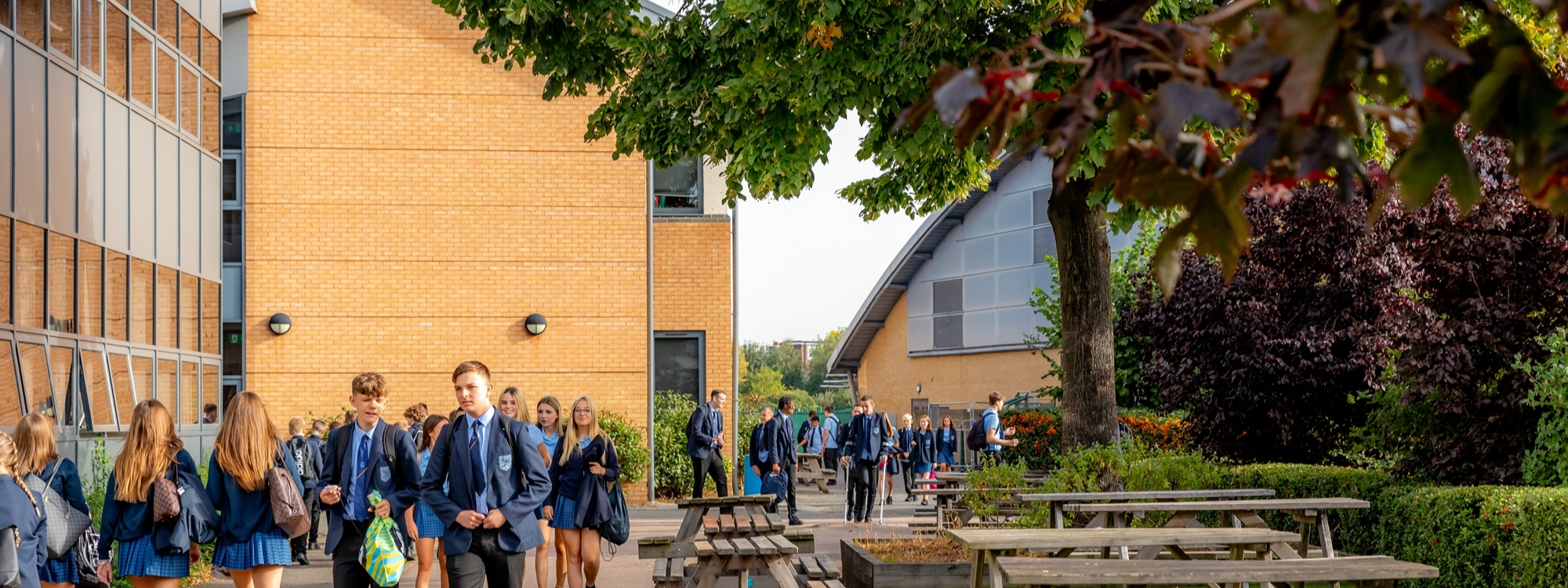- Home
- Curriculum
- Subject Information
- Drama
Head of performing arts
Miss nadine brenton
Vision
Our diverse and engaging Drama curriculum allows students to build their subject knowledge with a focus on performance and production. However, we believe that a good Drama education also has a positive physical, emotional, and social impact on our students.
In Drama, students develop their speaking, listening, thinking and collaboration skills. The subject teaches them to trust their own ideas and abilities as well as provides a space to take risks. Students become self-disciplined and resilient, with an ability to problem solve.
The Drama Department pioneer creativity and collaboration. The confidence and skills gained in our subject applies to school, university, careers, and life in general.
Disciplinary Concepts
- To enhance aesthetic appreciation of the art form by participating in and viewing theatre.
- To cooperate and collaborate by discussing, negotiating, rehearsing, and performing
- To improve listening and observational skills and self-discipline through creative movement and drama games.
- To foster imagination by making creative choices and being prepared to justify them.
- To hone skills of empathy by acting roles from different situations, time periods, and cultures.
- To learn voice projection, articulation of words, fluency with language, and persuasive speech.
- To perform for an audience, and to be a member of an audience.
Big Questions
- What is the purpose of theatre?
- How is theatre constructed?
- How and why do actors and directors make particular choices?
- How can I create an authentic performance?
- How do we collaborate in order to create?
Curriculum Content
Year 7
Students attend two lessons per fortnight.
- An Introduction to Drama
- Desert Island Challenge
- Drama Toolkit
- Duologues
- Live Theatre: National Theatre’s Peter Pan
- Devising through Storytelling
- Extracts from Shakespeare
Year 8
The topics below are designed to practice and develop skills and techniques introduced in Year 7. Students attend two lessons per fortnight.
- Drama Toolkit
- Play-text: Refugee Boy – Benjamin Zephaniah
- Slapstick and Physical Comedy
- Devising
- Live Theatre: Hamilton
- Podcasts
Year 9
Students can opt to take Drama in year 9. They will attend 3 lessons per fortnight with an aim to prepare students for the GCSE, as well as improve their performance skills and confidence.
- Physical Theatre & Practitioners
- Play-text: The Curious Incident of the Dog in the Night-time
- Live Theatre & production
- Devising
Year 10 and 11
Students follow the AQA GCSE Drama specification.
Component 1: Understanding Drama (exam component)
- Theatre Roles and Terminology
- Play-text: Blood Brothers – Willy Russell
- Live Theatre Review
Component 2: Devising Drama
- Practical Group Performance
- Devising Log – coursework
Marked by teachers and moderated by AQA
Component 3: Texts in Practice
- Practical Group or Monologue Performance
Marked by AQA
Year 12 and 13
Students follow the AQA A-Level Drama specification.
Component 1: Drama and Theatre (exam)
- Play-text: Hedda Gabler – Ibsen
- Play-text: The Glass Menagerie – Tenneessee Williams
- Live Theatre
Component 2: Creating Original Drama
- Practical Group Performance
- Coursework: Working Notebook
Marked by teachers and moderated by AQA.
Component 3: Making Theatre
- Practical Group Performance (3 extracts)
- Coursework: Reflective Report
Marked by AQA.

 ';
';

